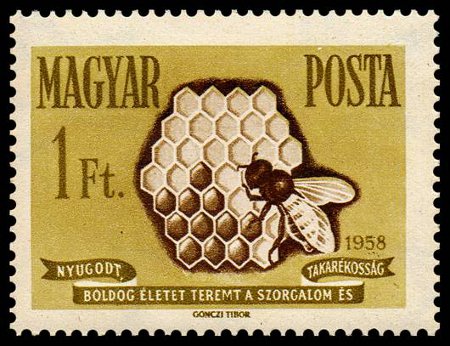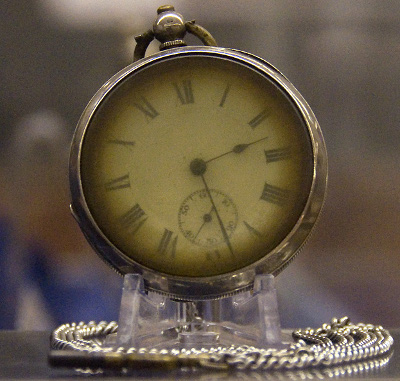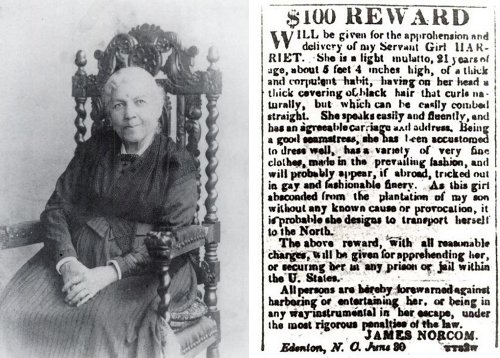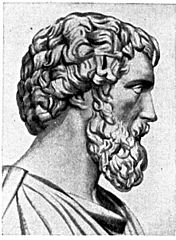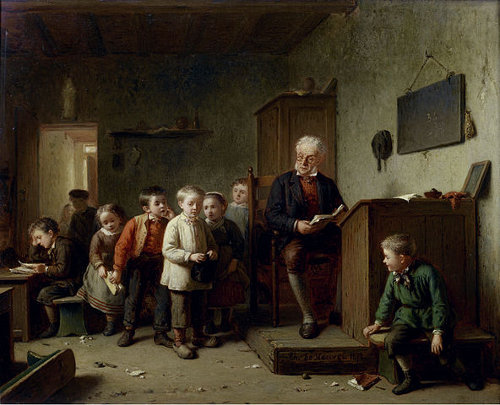“It’s a damn poor mind that can only think of one way to spell a word.” — Andrew Jackson
“If the professors of English will complain to me that the students who come to the universities, after all those years of study, still cannot spell ‘friend,’ I say to them that something’s the matter with the way you spell friend.” — Richard Feynman
A gentleman received a letter, in which were these words: Not finding Brown at hom, I delivered your meseg to his yf. The gentleman, finding it bad spelling, and therefore not very intelligible, called his lady to help him read it. Between them they picked out the meaning of all but the yf, which they could not understand. The lady proposed calling her chambermaid, ‘because Betty,’ says she, ‘has the best knack at reading bad spelling of any one I know.’ Betty came, and was surprised that neither sir nor madam could tell what yf was. ‘Why,’ says she, ‘yf spells wife; what else can it spell?’ And, indeed, it is a much better, as well as shorter method of spelling wife, than doubleyou, i, ef, e, which in reality spell doubleyifey.
— Benjamin Franklin, letter to his sister, July 4, 1786

